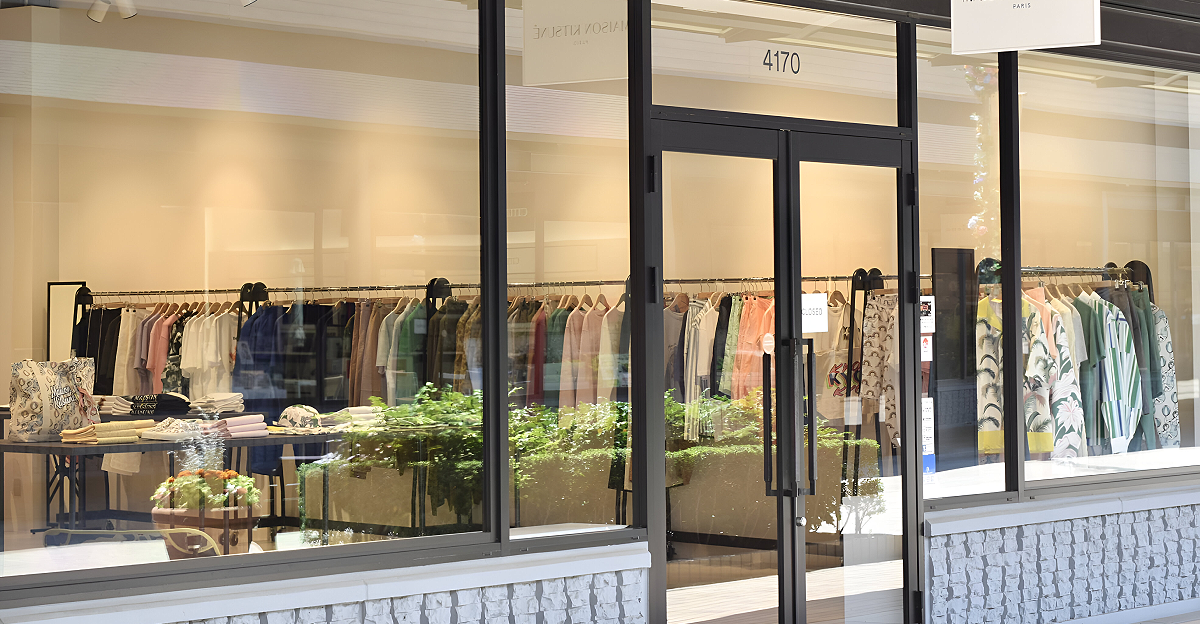
A beloved international fashion brand that was once known for its chic mix of Parisian style and playful Japanese flair is quietly disappearing from cities across the U.S. This store was once a standout in the designer streetwear scene, but it is now shutting its stores one by one.
Many loyal fans of the brand suspect that major changes are underway in the world of designer streetwear, but for now, the brand’s future is uncertain.
Fading Fast
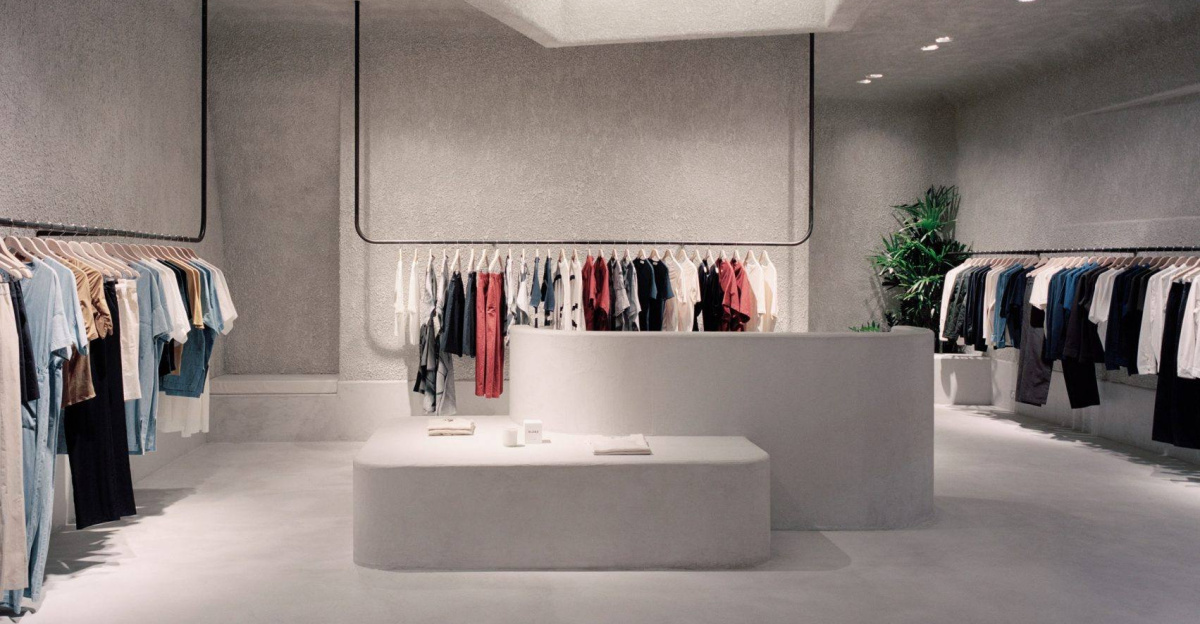
In recent months, the brand’s signature fox logo, which has long been associated with effortlessly cool, gender-neutral staples, has been fading from the U.S. market.
Despite strong support from millennial and Gen Z shoppers who helped elevate its streetwear appeal, its American storefronts have been closing rapidly since spring. Industry watchers say that these closures reflect a larger pattern that is currently affecting beloved fashion chains, particularly those with an international pedigree.
Local Fans Take Notice
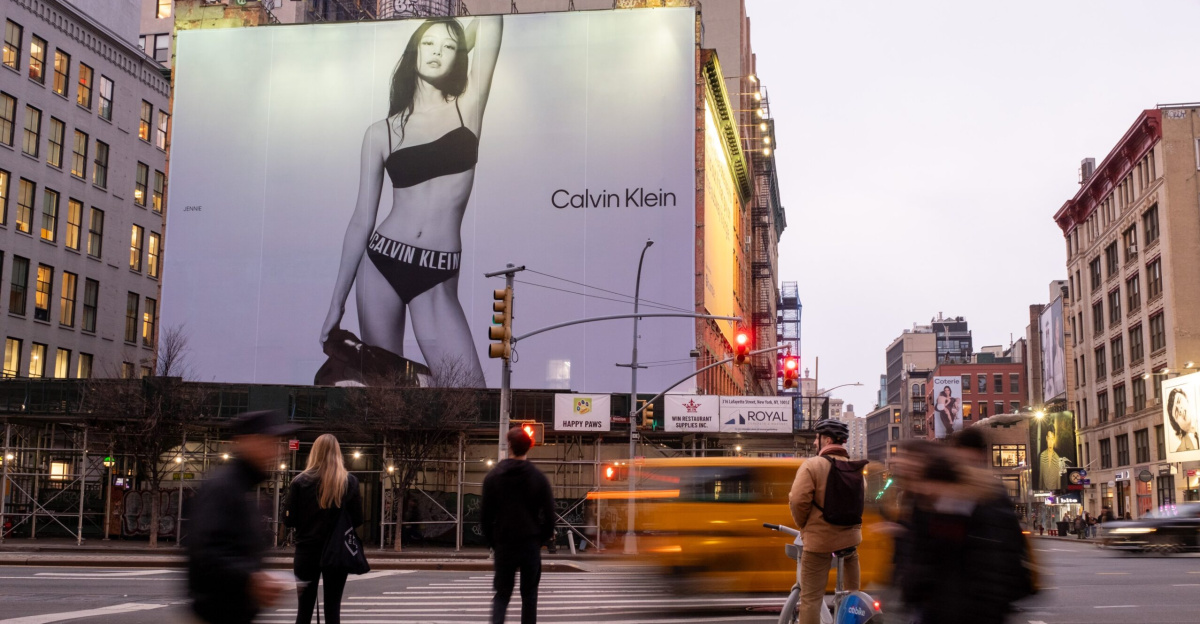
From New York’s busy SoHo to fashion-forward neighborhoods in Los Angeles, the brand’s devoted fans were the first to notice the sudden disappearance of their favorite boutiques.
One Manhattan resident reported that a local store had been cleared out when she stopped by recently. Across the coasts, going-out-of-business signs have begun popping up, sparking speculation and nostalgia all over social media.
Cultural Crossover and Past Hype
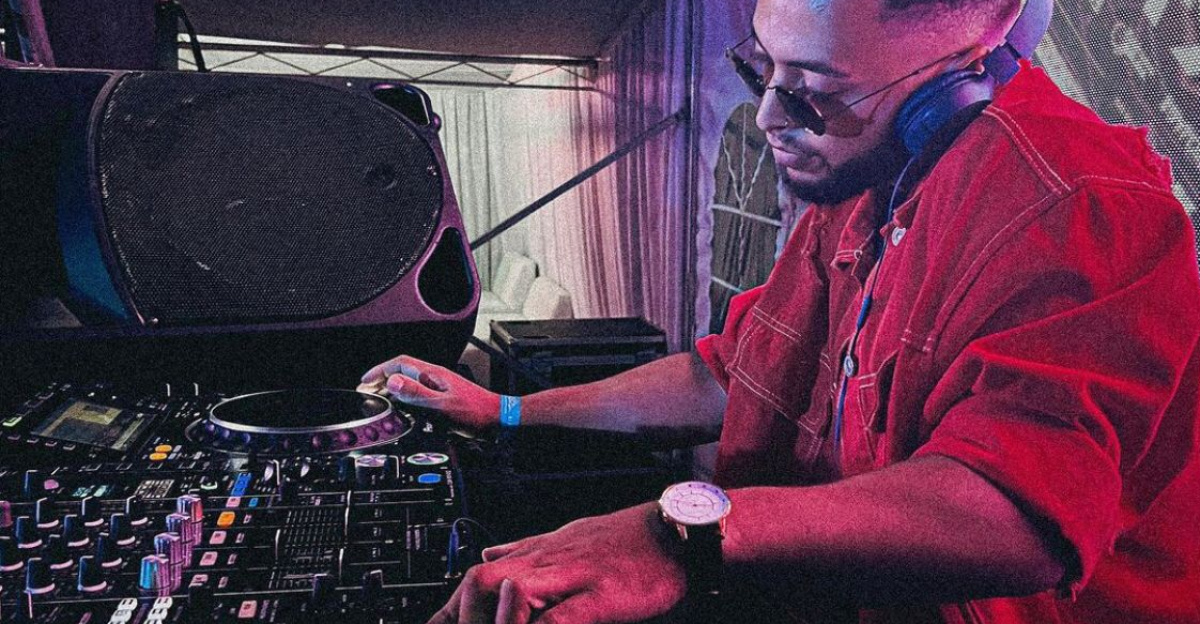
This brand has stood out for more than just its fashion. From pop-up cafés to live DJ sets and album releases, it mixed music, design, and coffee culture into its identity.
With a mix of Parisian elegance and Tokyo street style, it became a lifestyle symbol, not just a clothing brand. For many fans, each visit to its stores conjured a unique blend of global urban cool. But is it all coming to an end?
Maison Kitsuné
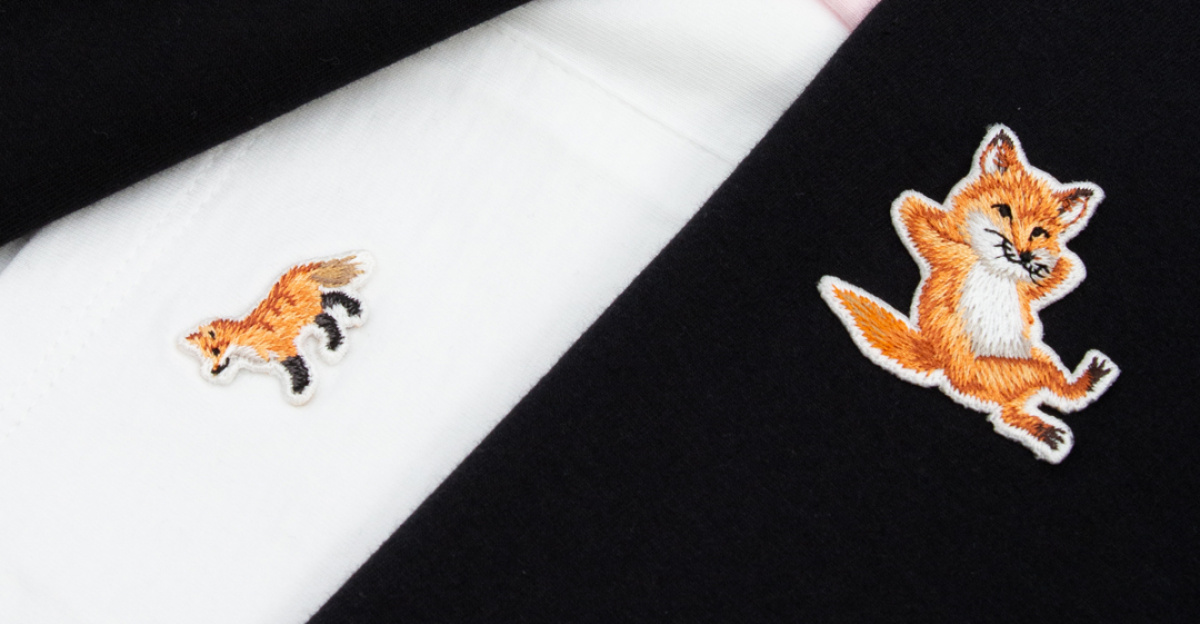
But what store is it? Maison Kitsuné is reportedly ending its U.S. experiment, with each of its stores in America set to close by August 2025.
The move marks the full exit of one of fashion’s most unique and influential labels from the U.S. retail landscape. After months of speculation, it is confirmed, disappointing fans who loved the brand’s transcontinental, creative spirit.
Digital-First Pivot
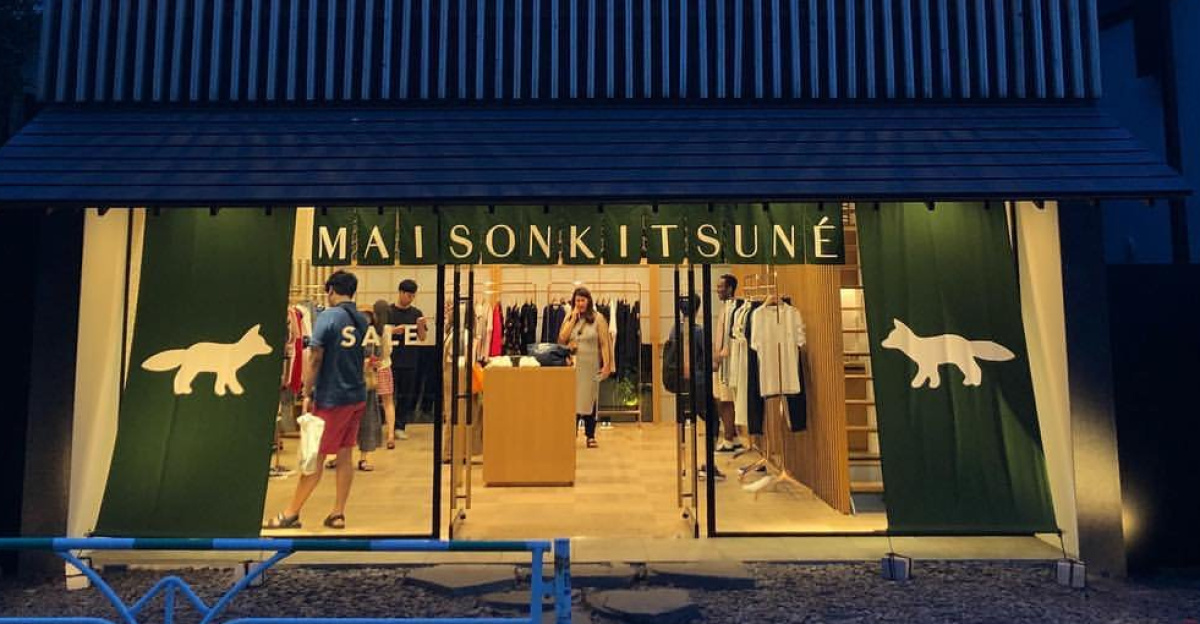
Company insiders have revealed that Maison Kitsuné isn’t completely stepping away from the U.S. Instead, the brand is shifting its focus toward e-commerce and wholesale, moving away from brick-and-mortar stores in favor of online platforms and select retail partnerships.
With rising costs and changing shopping habits, the brand sees more promise and profitability by moving online, where people can still browse and buy from anywhere in the world.
Tough Retail Climate
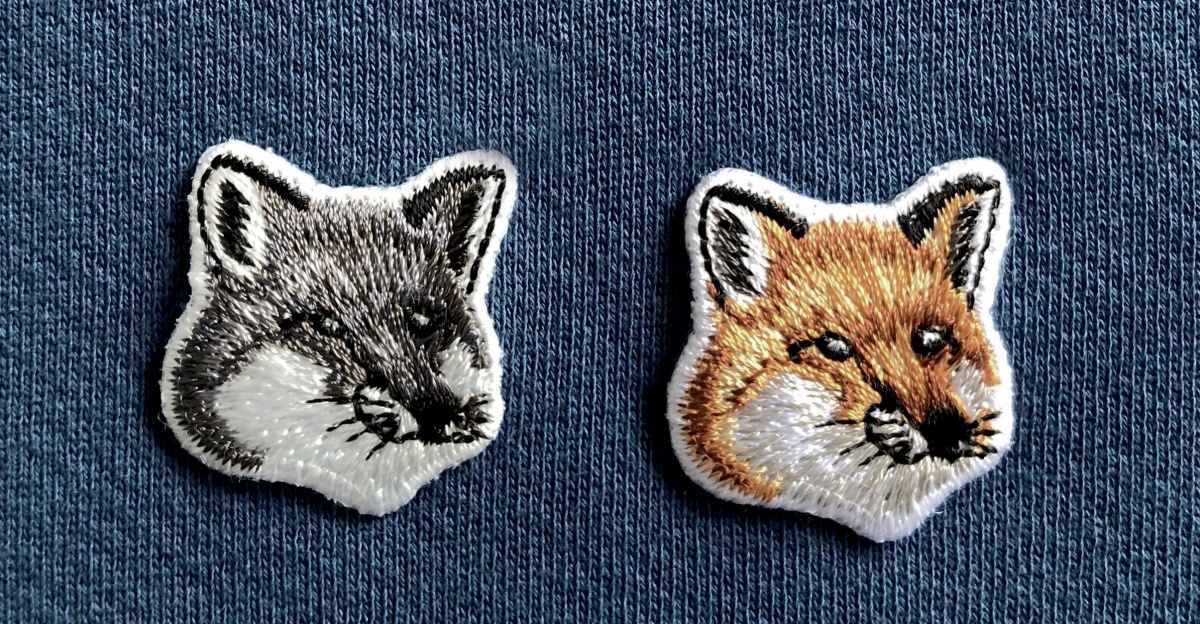
Industry analysts are saying that it’s becoming increasingly difficult for foreign companies to run physical stores in the United States. High import tariffs, fluctuating rents, and a post-pandemic drop in foot traffic have all made operating costs outweigh the benefits.
Maison Kitsuné isn’t alone; many other overseas labels have downsized American ambitions, as local competition and unpredictable markets take their toll.
Repeated US Setbacks
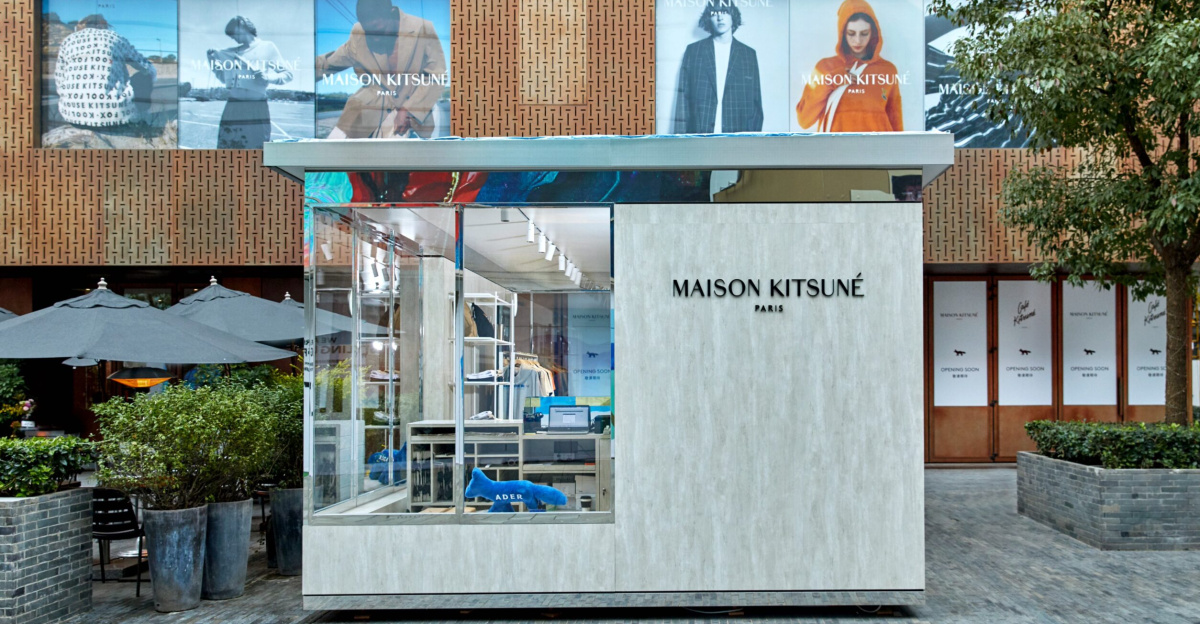
This isn’t the brand’s first stateside setback. In 2016, Maison Kitsuné’s earlier New York boutiques shut their doors amid economic headwinds, only to reopen them with renewed optimism.
However, despite the company’s loyal followings and periodic hype, each of these relaunches eventually succumbed to the same pressures, showing that success in one era or city doesn’t guarantee survival in the changing American retail landscape.
Competitive Landscape
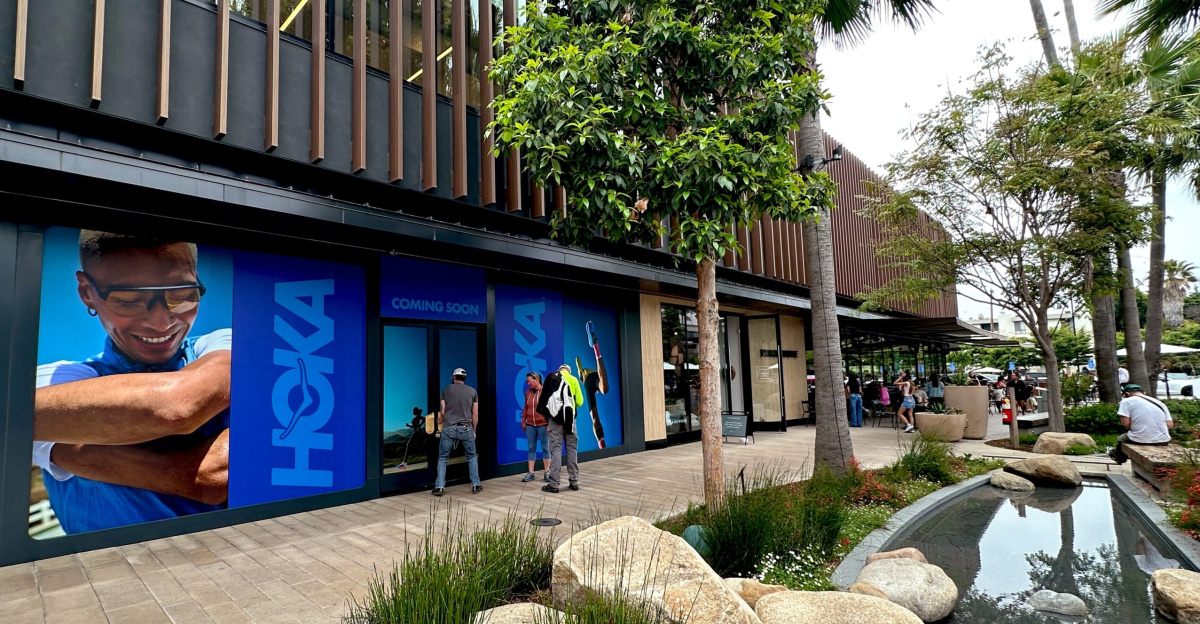
As Maison Kitsuné closes its stores, other global brands are doubling down on physical U.S. shops. Shoemaker Hoka and streetwear favorites like Uniqlo are quickly expanding, betting that their unique in-store experiences can still attract crowds and drive sales.
But what’s the difference? It seems that brands with deeper roots and broader appeal are able to weather America’s retail storms, while the niche stores struggle to keep up.
A Broader Decline

These store closures aren’t just a temporary setback. Maison Kitsuné’s complete withdrawal marks the end of years of effort and challenges in establishing a lasting presence in the U.S. market.
Despite generating buzz through pop culture, collaborations, and innovative retail experiences, the brand now joins a rising number of international fashion labels that have struggled to maintain physical stores amid the fast-changing and highly competitive American retail landscape.
Community Backlash

For many Americans, this loss feels deeply personal. Loyal customers mourn the disappearance of the brand’s signature in-store events and the special community atmosphere fostered in its boutiques, especially in vibrant neighborhoods like SoHo.
For many shoppers, these stores were more than just retail spaces; they were spaces for discovering new music, meeting creative minds, and bonding over a shared passion for style and culture.
Cafés and Collabs Continue
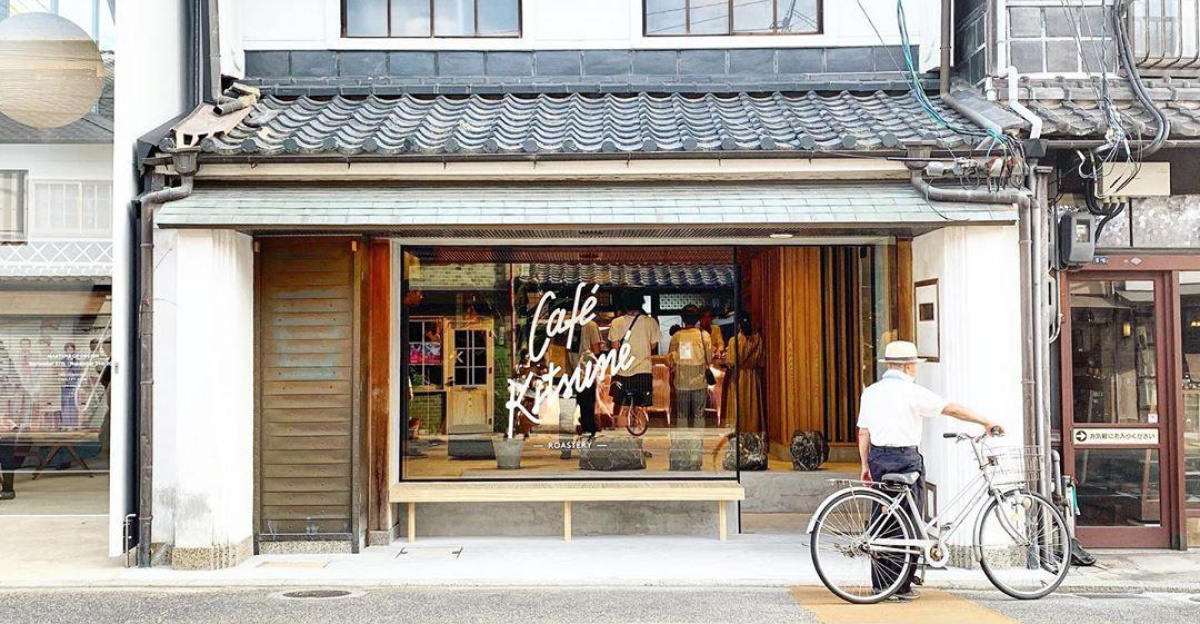
Maison Kitsuné’s exit from physical retail doesn’t mean it’s vanishing from the American scene entirely. Fans can still catch Café Kitsuné pop-ups at festivals or hear about musical collaborations at major cultural events.
The brand’s spirit will live on through coffee, music, and creative partnerships, just not as physical stores scattered across U.S. shopping districts.
Broader Business Moves
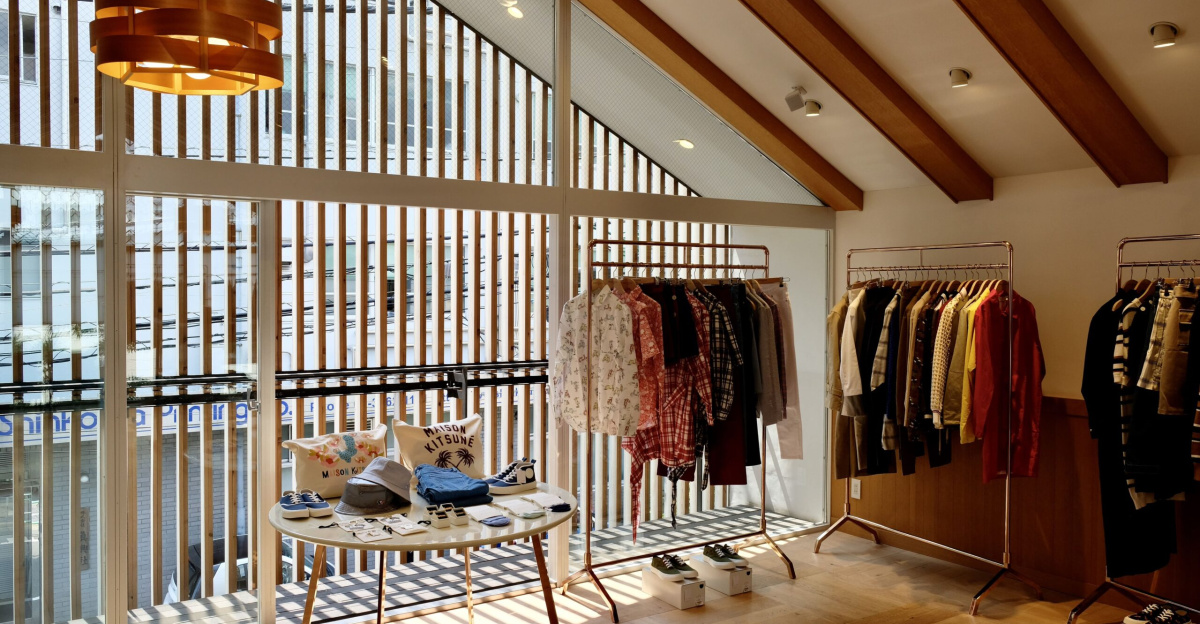
Since the very beginning, Maison Kitsuné has been more than just a fashion label. Recent moves, like investing in virtual try-on technology and its foray into private equity point to a strategic reset.
As its U.S. stores go dark, the brand is focusing on a bolder, more technologically-driven future, with plans that reach beyond retail into new realms of culture, business, and collaboration.
Skepticism About the Digital Bet
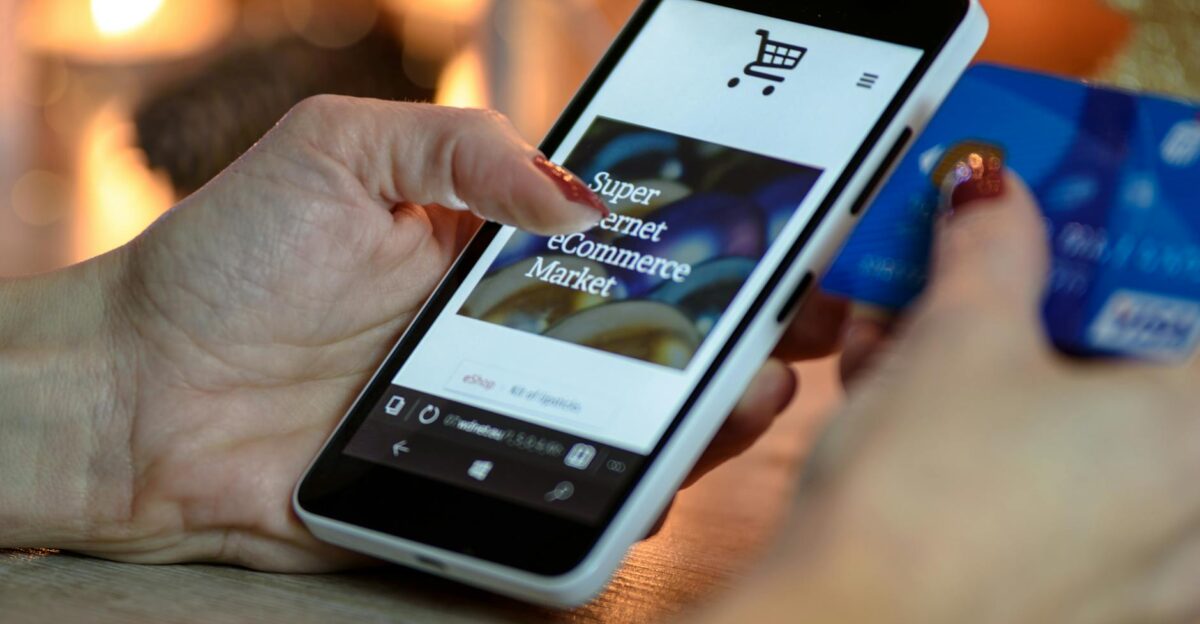
Not all industry experts are sold on Maison Kitsuné’s shift to digital platforms. Some have warned that for lifestyle brands, especially those built on community and the thrill of in-store discovery, leaving behind physical spaces could backfire.
The Future
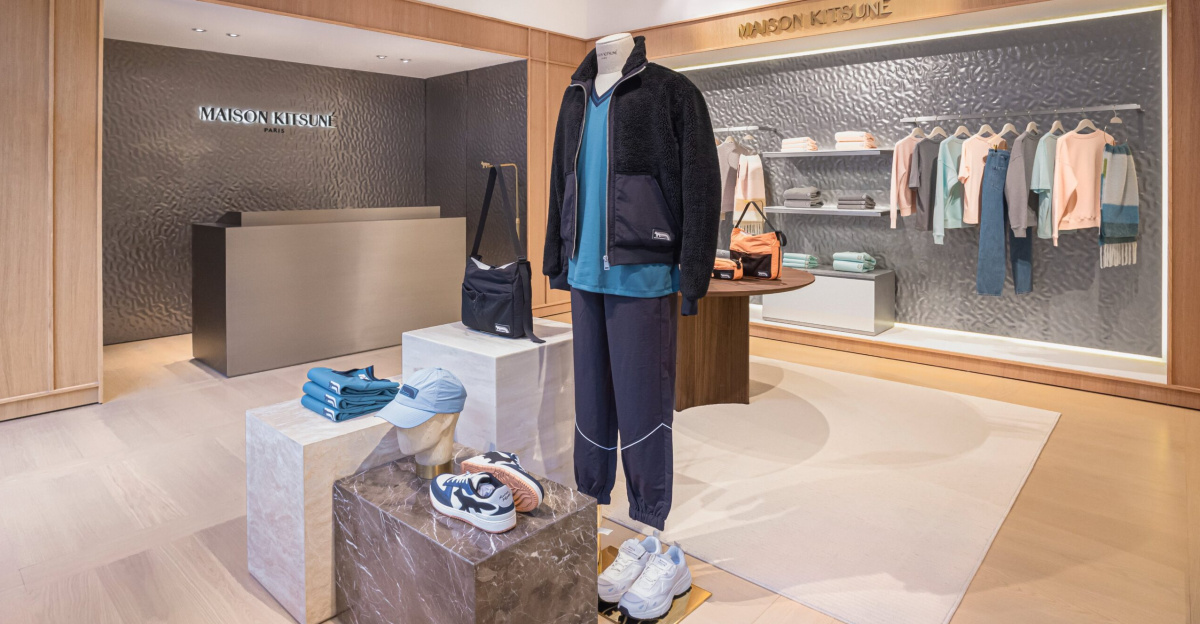
But what’s next for Maison Kitsuné? Will the brand be able to nurture stateside fans through online drops, playlists, and coffee pop-ups, or is this the end of the brand’s run in America?
For now, fans are holding out hope for new U.S. surprises as they mourn the an unmistakable end to store visits and spontaneous style discoveries.